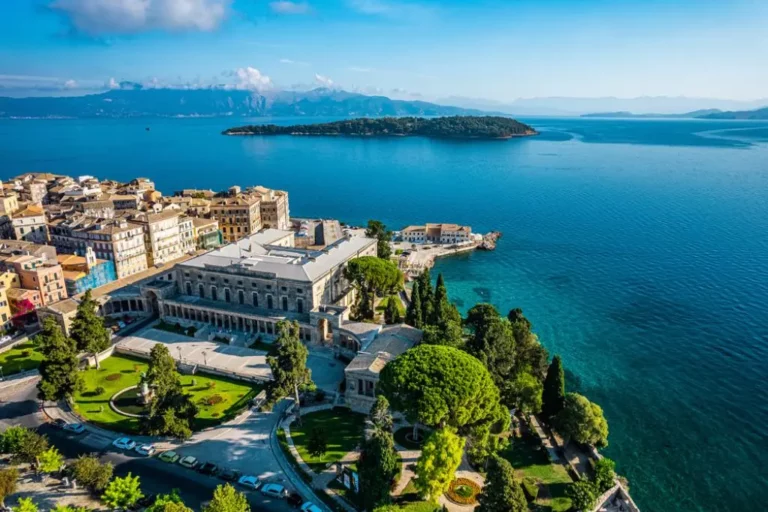Greece
Hungary opens new consulate to support holidaymakers

Amazing: Wizz Air to launch 6 routes to new destinations!

Building bridges at Sharjah Book Fair – Dr. Khaled Raouf on cultural dialogue between Greece and the Arab World

European capital ablaze following violent clashes – photos

Wizz Air flight turns back from Zakynthos to Budapest due to storm: what exactly happened?

The Titanic’s sister ship also earned a chilling reputation as a ghost ship

Hungarian father and 10-year-old daughter swept out to sea in Greece – Dramatic rescue caught on video

Hungary loses several routes as popular airline leaves – UPDATED

International flights return to Hungarian airport in May!

“The omnipresent elegance of Budapest” – Interview with H.E. Emmanouil Apostolakis, Greece’s ambassador in Hungary

Vacation nightmare: Hungarian couple loses EUR 5,000 after being denied boarding on Ryanair flight

Cocaine found on a Greek bus at southern border of Hungary

First flight to Corfu takes off from this Hungarian airport!

Another direct flight to Greece from a Hungarian city in the countryside

You can fly to this summer island paradise from Pécs, new destinations may follow

High-speed railway to link Budapest and Athens

Wizz Air closes and suspends flights to popular holiday destinations

FM Szijjártó: Migrants arriving in Europe via new routes





 ZH
ZH IT
IT DE
DE HR
HR NL
NL FR
FR JA
JA RO
RO RU
RU ES
ES TR
TR
